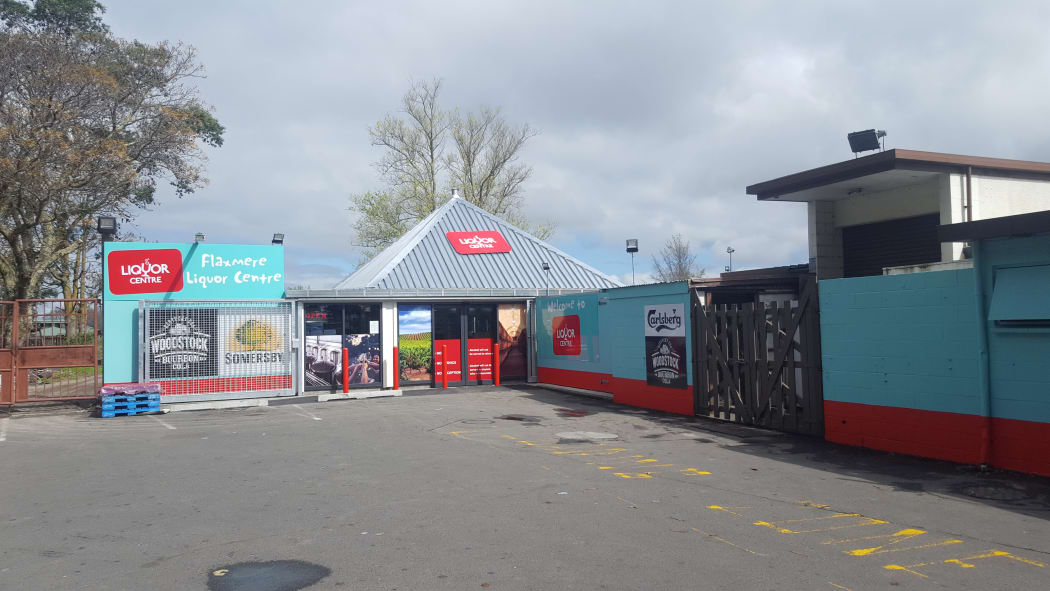A decision to renew a Flaxmere bottle store's liquor licence for another two years is "deeply disappointing," Hastings District councillor Henare O'Keefe says.

The owner of the Flaxmere Liquor Centre doesn't know why he's being singled out. Photo: RNZ / Anusha Bradley
Mr O'Keefe was among local leaders and kaumatua who opposed the renewal of Flaxmere Liquor Centre's licence at a hearing held by the Alcohol Regulatory and Licencing Authority in April.
At a hearing in April, Mr O'Keefe said it was morally wrong to have three bottle stores in Flaxmere, given the amount of harm alcohol was causing in the community.
Lawyer Janet Mason argued Treaty of Waitangi principals should apply to liquor laws because of the amount of harm alcohol was causing in their predominantly Māori community.
"It's deeply disappointing. I feel our concerns have fallen on deaf ears."
Mr O'Keefe said the Flaxmere community would continue to fight liquor licence applications as they cropped up.
"We are duty-bound to do this. It's time for this flipping country to wake up and look at the carnage that is unfolding, that affects us day after day."
In his decision, Alcohol Regulatory and Licencing Authority Judge Kevin Kelly said there was no evidence that keeping the store open would increase the risk of alcohol-related harm.
However, the Authority was concerned that staff training at Flaxmere Liquor appeared to be "little more than discussions at staff meetings and shift handovers," he said.
It was also noted that the owner had not had any more training since obtaining his manager's qualification.
A study by the University of Otago found local governments are failing to meaningfully consult with Māori on liquor licensing legislation.
Under the Sale and Supply of Alcohol Act 2012 councils are required to consult with their communities on decisions about alcohol.
Professor Kypros Kypri said despite council efforts to call for public submissions, they were failing to engage with Māori healthcare providers, iwi and hapū beyond that.




